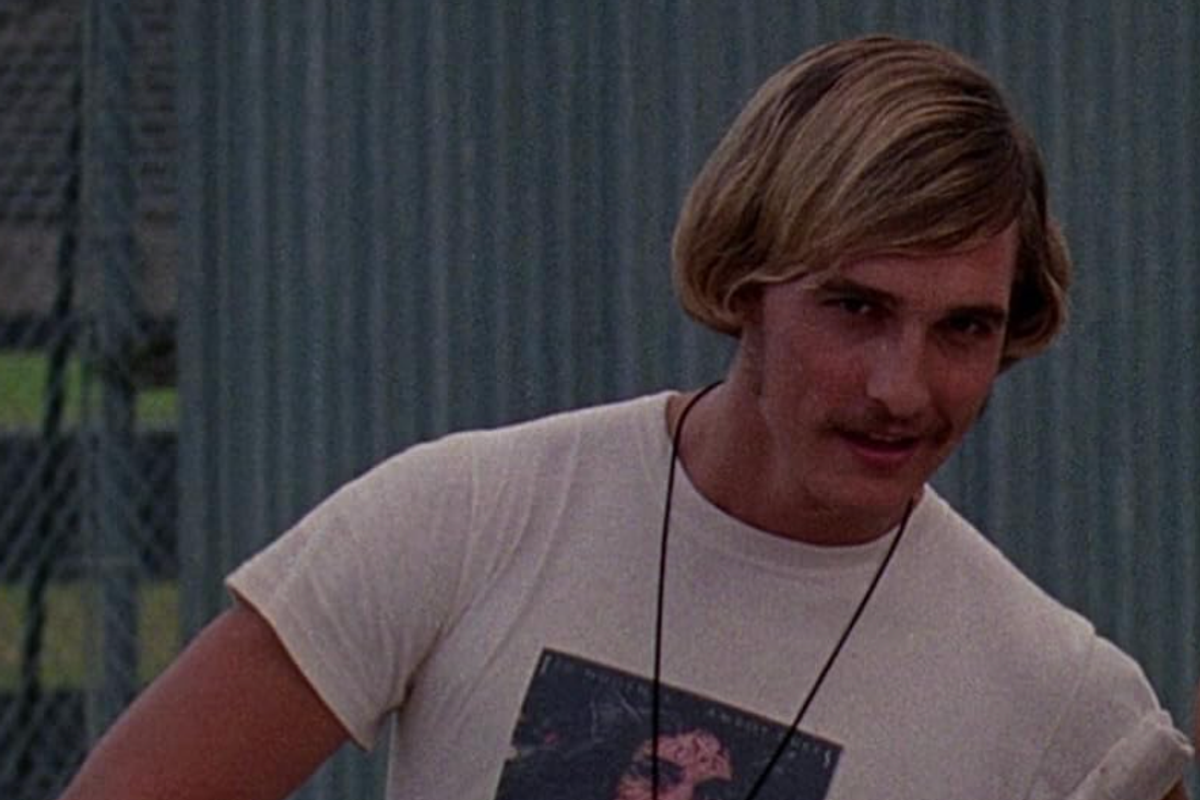How does a community like Baltimore recover? The residents are making it happen.
To me, the reaction of the people of Baltimore when the police murdered Freddie Gray was a canary in a coal mine. It was another sign that systemic poverty and police violence have reached a breaking point.
If you're not able to watch the video, here's what it's all about.
Why did the Baltimore protests happen?
In the OSF video above, a variety of community experts discuss what the political climate was like in Baltimore right before Freddie Gray's death. It's a story that is pretty well-known by many — at least, to those who have opened their eyes.
“The killing of Mr. Gray while in police custody was sort of the match, if you will, that had lit something that had been fueling for years. Those neighborhoods had been suffering from inequality and segregation, racially and economically."
— Tara Huffman
“They are ex'd out of the labor market. They have insufficient education. They've been sucked out of the communities in large numbers and dropped into the juvenile justice system and criminal justice system. And structurally, they don't have a way to participate."
— Joseph T. Jones
"They have an expectation of incarceration because they see that happening to all of their friends and neighbors and siblings, and that creates a real anger and frustration. You're beginning to see people express that anger and frustration around these extreme acts of violence."
— Bryan Stevenson
But what happened next?
The real story lies in what happened after the media turned its attention to the next shiny object. After a night of civil unrest, residents immediately came together to heal their communities.
"We do need to shape the narrative. Yes, there was a night of just absolute chaos, but the very next morning, the community came together and cleaned up. No elected official called for it and said, 'Yes, let us all come together.'"
— Tara Huffman
"The residents of Baltimore city and the residents of those communities took ownership and responsibility and they started the cleanup process."
— Tara Huffman
"My office is directly across the street from the church where Freddie was laid to rest. That night, we stayed at the church close to midnight with a group of adult men, right, from the gangs and from other walks of life. And over the course of that dialogue, we began to see all of us as equal."
— Joseph T. Jones
The future of Baltimore
This unity didn't just stop the night of the protest. It has resulted in a culture shift for the whole community. By organizing and responding to their community's needs, Baltimore's communities are pulling themselves together in ways that previously were not happening. It's building, it's growing, and it's becoming something really inspiring.
"It has truly invigorated particularly a younger cohort of activists who before now were not activists."
— Joseph T. Jones
"That kind of enthusiasm, that kind of hopefulness will actually change the equation for our political leaders ... so that people have much more justice and equality."
— Diana Morris
"Empathy is absolutely an indispensable ingredient of true justice."
— Judge Andre M. Davis



 Student smiling in a classroom, working on a laptop.
Student smiling in a classroom, working on a laptop. Students focused and ready to learn in the classroom.
Students focused and ready to learn in the classroom.
 Matthew McConaughey and Shawn Andrews in Dazed and Confused (1993)Facebook
Matthew McConaughey and Shawn Andrews in Dazed and Confused (1993)Facebook 
 A UPS truck with package deliveries.Image via Wikipedia
A UPS truck with package deliveries.Image via Wikipedia
